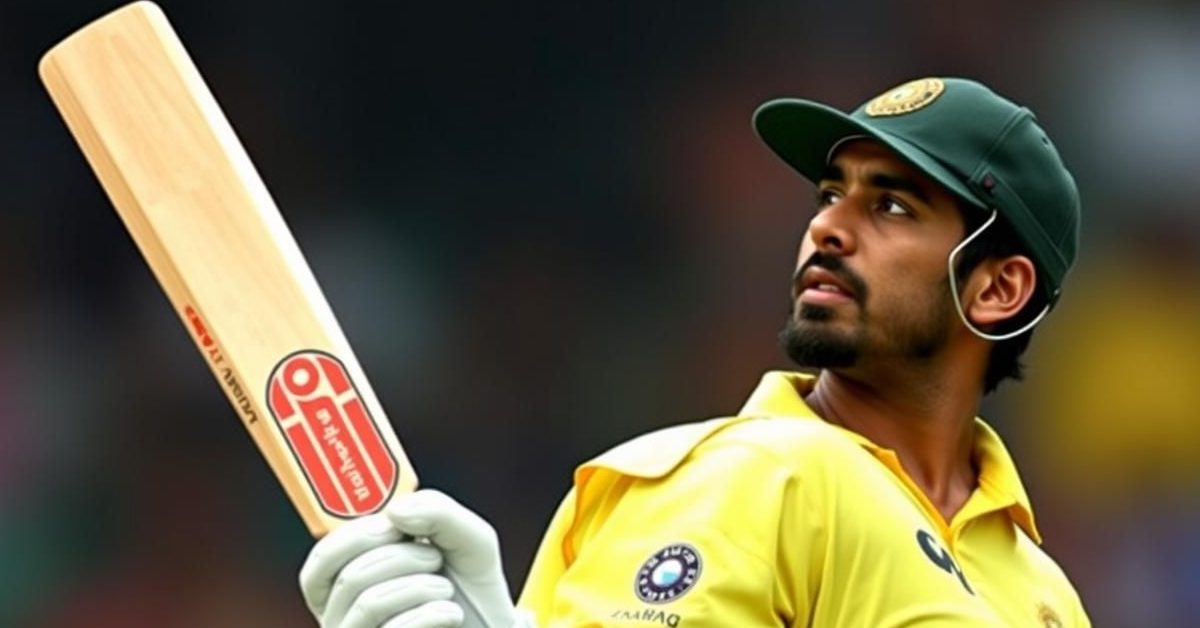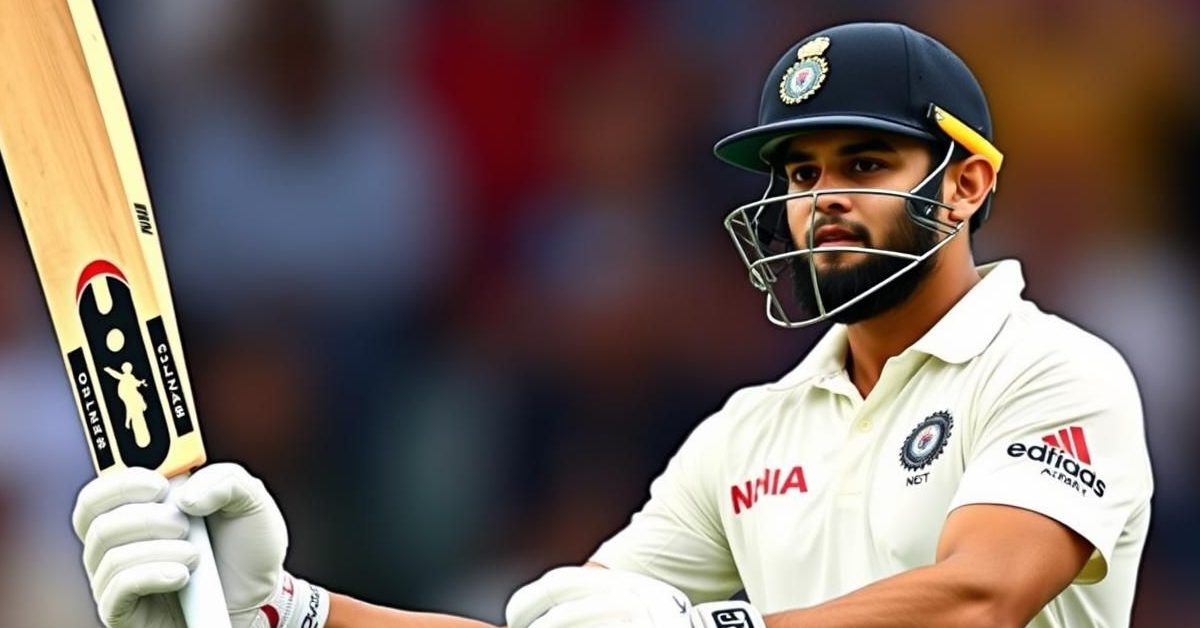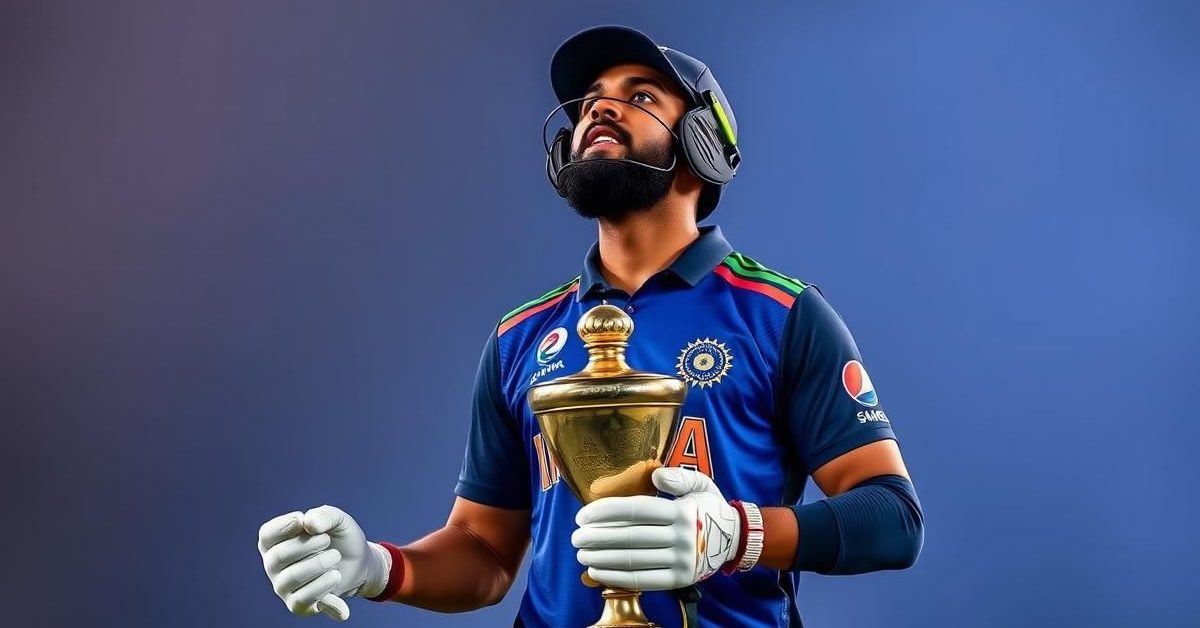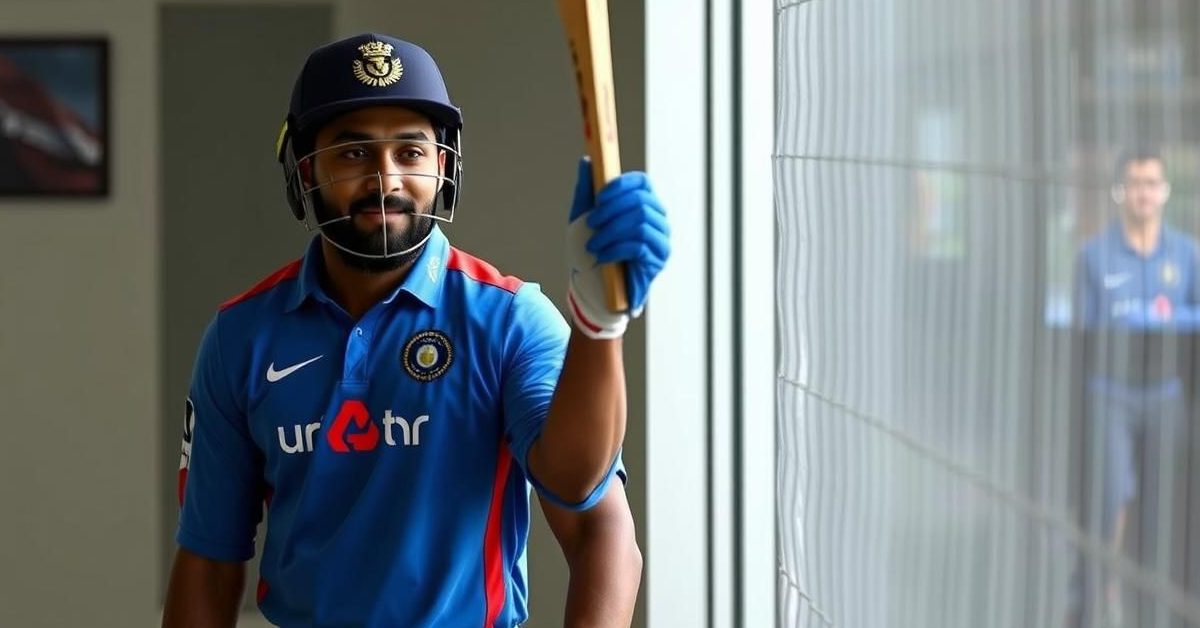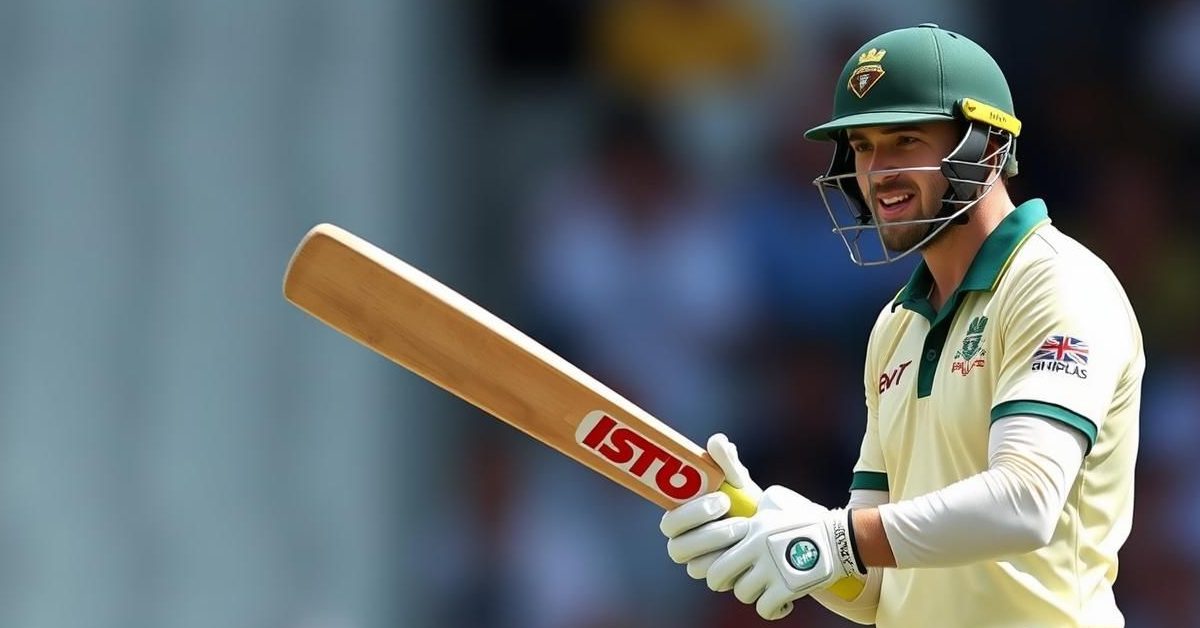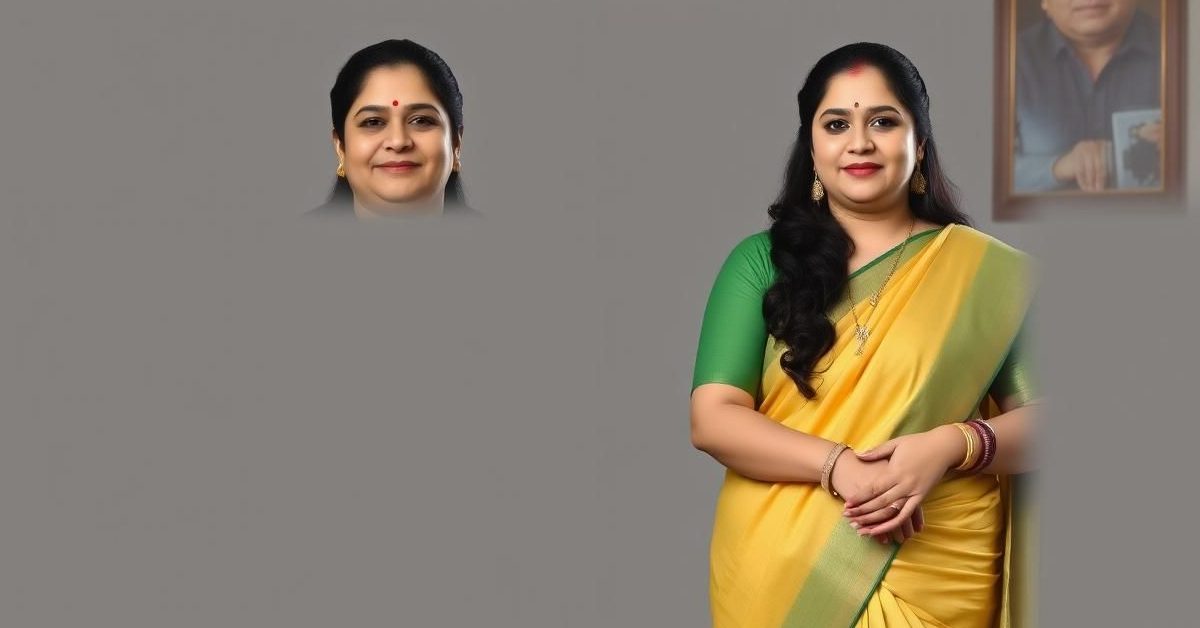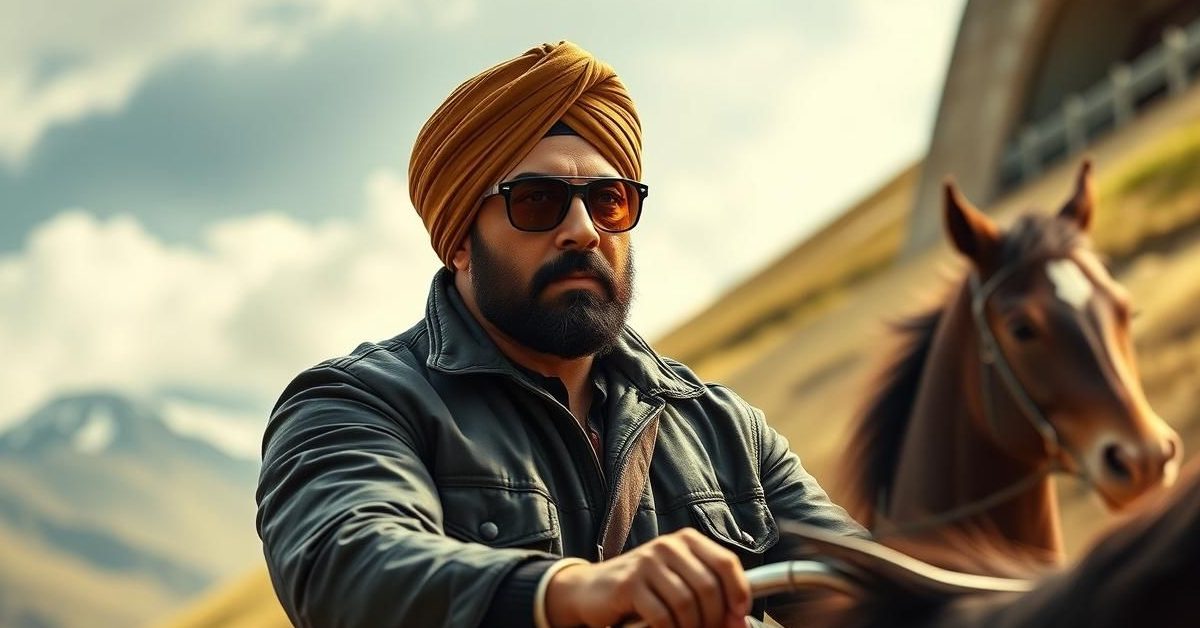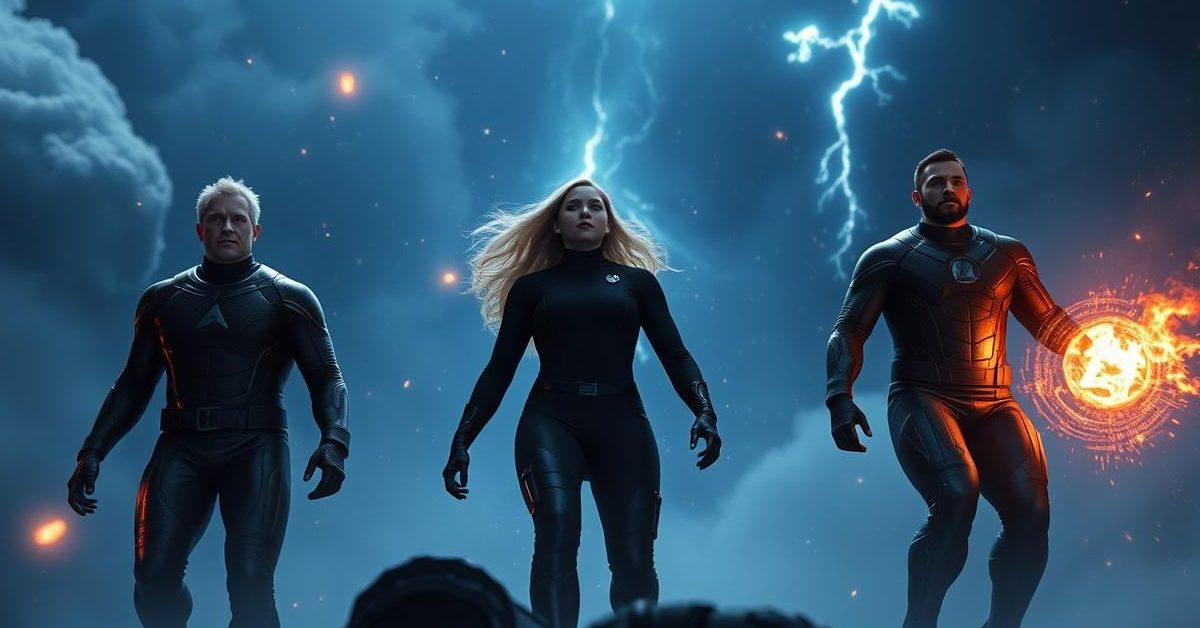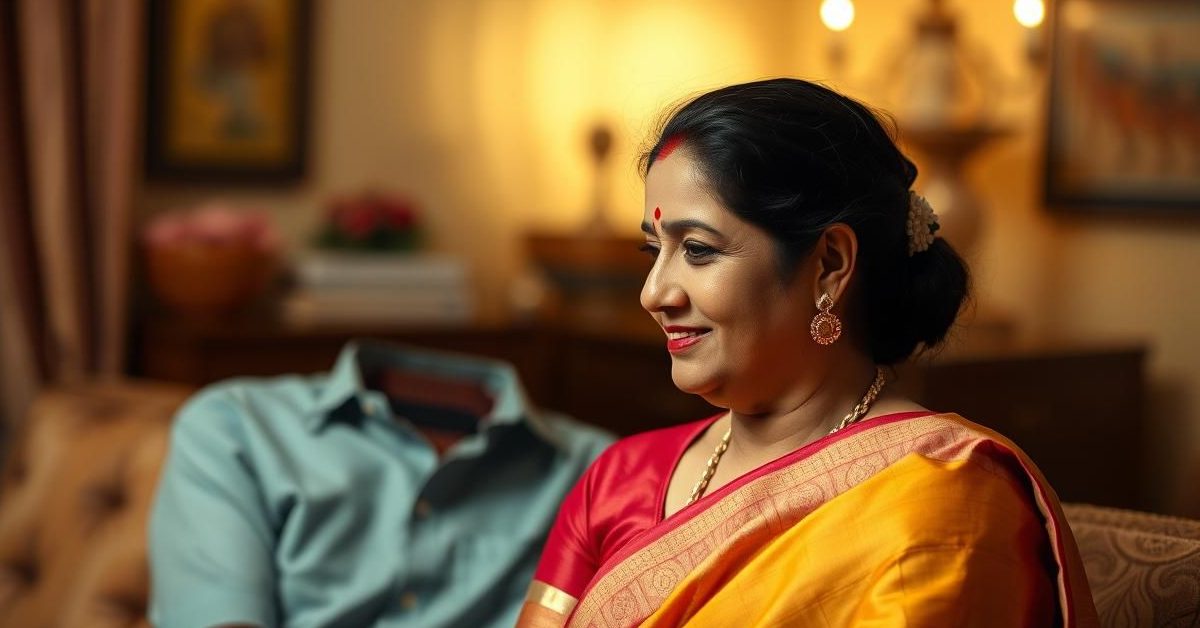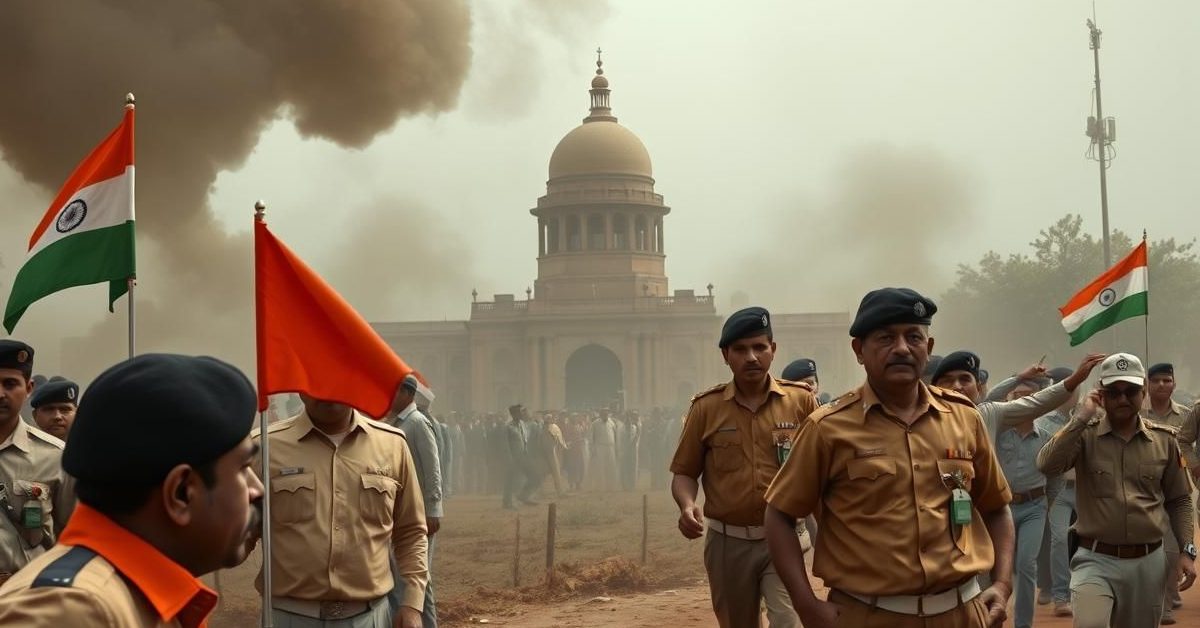The Unspoken Heartbreak: When India’s ‘Very Very Special’ Star Was Left Out of the 2003 World Cup
In the vibrant tapestry of Indian cricket, few moments evoke as much quiet contemplation and lasting intrigue as the exclusion of Vangipurapu Venkata Sai Laxman from the 2003 ICC Cricket World Cup squad. It was a decision that sent ripples of shock through the cricketing fraternity, especially considering Laxman, renowned for his silken touch and wristy elegance, was widely regarded as being in the prime of his Test career. Decades later, the then-captain, Sourav Ganguly, has shed new light on the tough call, revealing the profound, silent anguish it caused a player who would become an undisputed legend.
Laxman’s Luminous Form: A Double-Edged Sword?
Leading up to the marquee tournament in South Africa, VVS Laxman’s Test record was nothing short of spectacular. He was the architect of some of Indian cricket’s most memorable triumphs, none more iconic than his monumental 281 against Steve Waugh’s formidable Australian side at Eden Gardens in the 2001 Border-Gavaskar Trophy. That epic innings, etched forever in the minds of fans, showcased his unparalleled resilience and artistry. Yet, despite his prodigious talent, particularly in the longer format, there was an underlying perception that his One Day International game, while elegant, lacked the explosive power or consistent strike rate often demanded in the high-octane environment of a global limited-overs spectacle.
Sourav Ganguly’s Strategic Vision: The All-Rounder Imperative
The burden of selection rested heavily on Sourav Ganguly, a captain known for his fearless leadership and audacious decisions. Recently, Ganguly candidly explained the strategic thinking behind the difficult choice. “We needed an all-rounder,” he articulated, emphasizing the tactical necessity for players who could contribute with both bat and ball, or offer versatile fielding options, especially on the pacy pitches of South Africa. The team management, including coach John Wright, prioritized balance and multifaceted skill sets over pure batting artistry in that particular format. The squad ultimately needed depth in every department, anticipating the grueling schedule and the varied challenges presented by different opponents.
The Silent Suffering: Laxman’s Three Months of Quietude
Perhaps the most poignant revelation from Ganguly was the deeply personal aftermath of the decision. “He didn’t speak for 3 months,” Ganguly recounted, painting a vivid picture of VVS Laxman’s profound disappointment. This wasn’t an outburst of anger or public complaint, but a quiet, internalized sorrow that spoke volumes. For any elite athlete, the omission from a World Cup squad, especially when at the peak of one’s powers, is a bitter pill to swallow. Laxman’s dignified silence underscored the depth of his commitment and the quiet agony of an unfulfilled dream, a testament to his character both on and off the field.
The 2003 World Cup Journey: Validation Through Performance
The squad that ultimately travelled to South Africa under Ganguly’s leadership was a dynamic mix. It featured dynamic all-rounders like Yuvraj Singh and Mohammad Kaif, along with the versatile Rahul Dravid who donned the wicketkeeping gloves, freeing up a crucial batting slot. Virender Sehwag provided explosive starts, while Sachin Tendulkar anchored the innings. This strategic combination allowed India to reach the World Cup final, a remarkable achievement that, in hindsight, lent a certain validation to the tough selection calls made by Ganguly and the selectors. While the ultimate glory eluded them, the team’s performance resonated deeply with the nation.
The Phoenix Rises: Laxman’s Enduring Legacy
The heartbreak of 2003, however, did not break VVS Laxman. Instead, it seemingly fueled his already formidable resolve. He channeled that disappointment into cementing his status as one of Test cricket’s most revered batsmen. His subsequent years saw him orchestrate numerous match-winning and match-saving innings, often against the strongest opposition. He became the architect of incredible lower-order partnerships, a true crisis man, earning the moniker “Very Very Special” for his unparalleled ability to turn the tide of a Test match. The World Cup snub, in a strange twist of fate, arguably refined his focus, solidifying his legend in the format where he truly belonged.
The Human Element: Unseen Burdens of Elite Sport
This episode serves as a powerful reminder of the immense pressures and unseen sacrifices inherent in elite professional sport. Decisions, often made for the greater good of the team, can carry a profound personal cost for individuals. Sourav Ganguly, as captain, carried the weight of national expectation and the responsibility of making unpopular choices. VVS Laxman, in turn, bore the silent burden of a dream deferred. Their story is a poignant testament to the complex interplay of strategy, talent, and emotion that defines the world of international cricket, leaving an indelible mark on the careers of two of India’s most iconic figures.
